Regulation
Germany’s AfD Calls for Euro Exit and Bitcoin Deregulation Before Election

As Germany prepares for its parliamentary election on February 23, political parties are outlining their plans for the economy and finance.
The far-right Alternative for Germany (AfD) is making bold proposals, including leaving the euro currency bloc and deregulating Bitcoin. These positions contrast with other major parties, which focus on financial regulation, taxation, and market stability.
AfD Calls for Euro Exit and Bitcoin Deregulation
The AfD is calling for Germany to abandon the euro and reinstate the Deutsche mark, backed by gold reserves. This long-standing position opposes the widespread public and business support for the euro. The party also demands that Germany repatriate its gold reserves held abroad.
On cryptocurrency, the AfD proposes “extensive deregulation” of Bitcoin, wallets, and trading. This approach differs from the cautious stance of financial regulators.
The party also opposes the introduction of a digital euro, which the European Central Bank is currently developing. Additionally, it seeks to enshrine cash payments as a constitutional right, ensuring their continued use in daily transactions.
This Is A Developing Story, Please Check Back For More
Disclaimer: The presented content may include the personal opinion of the author and is subject to market condition. Do your market research before investing in cryptocurrencies. The author or the publication does not hold any responsibility for your personal financial loss.
Regulation
Coinbase Files Amicus Brief To Protect Customers
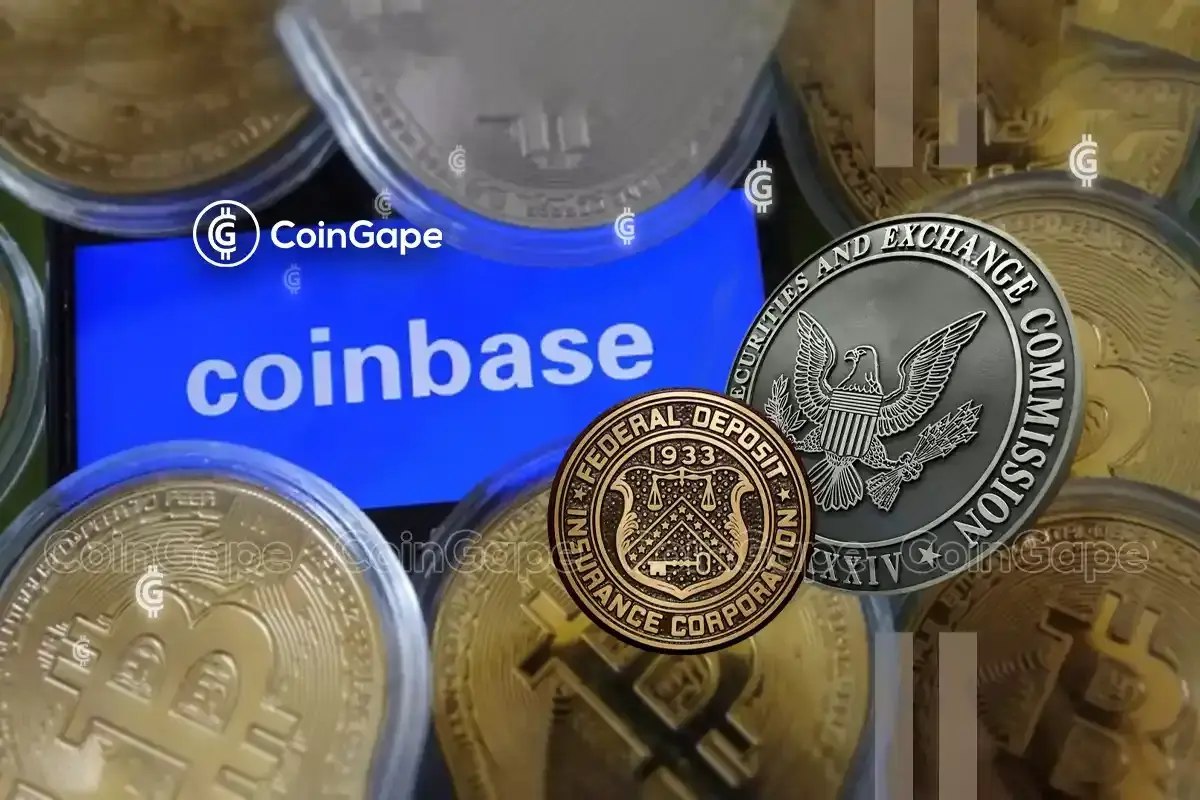
Coinbase has submitted an amicus brief in the ongoing bankruptcy case of Prime Trust, urging the court to uphold legal protections for customer assets held by custodians. Paul Grewal, Coinbase’s Chief Legal Officer, announced the filing on social media, emphasizing that customer assets should not be absorbed into a custodian’s bankruptcy proceedings.
Coinbase Urges Court to Uphold Customer Asset Rights
In a recent post on X, Paul Grewal stated that Coinbase filed an amicus brief in the Prime Trust bankruptcy case. The company is advocating for the enforcement of Uniform Commercial Code (UCC) Article 8, which ensures that assets held by custodians belong to customers and not the custodians themselves.
Coinbase argues that both its user agreement and Prime Trust’s user agreement explicitly state that assets remain customer property. The company asserts that bankruptcy should not alter these agreements or reclassify assets as part of the custodian’s estate.
The legal filing will prevent customer funds from being included in Prime Trust’s bankruptcy estate. Coinbase maintains that upholding UCC Article 8 is essential to maintaining trust in custodians, both in digital and traditional finance.
In other legal developments, the Operation Chokepoint 2.0 hearing is drawing industry-wide attention. Coinbase CLO Paul Grewal will testify alongside other key figures, pushing back against alleged unfair banking restrictions on crypto.
Legal Protections Under UCC Article 8
UCC Article 8 is a fundamental part of commercial law that protects customer assets held by custodians. It applies to both digital and traditional financial institutions, ensuring that customer funds remain separate from a custodian’s bankruptcy proceedings.
Coinbase emphasized that this legal framework applies to major financial institutions, including Bank of New York (BNY) and Depository Trust Company (DTC). The company stated that courts have historically upheld these protections to ensure market stability and customer security.
The amicus brief argues that disregarding UCC Article 8 could set a negative precedent for customer asset protections. Coinbase believes that recognizing customer ownership of assets is critical for preserving market confidence and protecting investor funds.
Trust and Security in Financial Markets
Coinbase has positioned itself as a strong advocate for customer asset protection in financial markets. The company stated that ensuring customer funds remain secure is essential for maintaining trust in custodians and financial institutions.
Paul Grewal expressed confidence in the legal precedent supporting customer asset protections. He urged the court to reinforce these protections in the Prime Trust bankruptcy case, aligning with past court rulings that have upheld UCC Article 8.
The company emphasized that its filing is not about crypto only but about broader financial principles that impact digital and traditional finance.
In addition, the top crypto exchange continues to strengthen its global footprint with regulatory approvals in key markets. Coinbase recently secured a VASP license in the UK, allowing it to offer expanded crypto and fiat services. This move aligns with its broader international strategy, ensuring compliance while driving digital asset adoption.
Disclaimer: The presented content may include the personal opinion of the author and is subject to market condition. Do your market research before investing in cryptocurrencies. The author or the publication does not hold any responsibility for your personal financial loss.
Regulation
FDIC to Allow Banks to Manage Crypto Assets and Token Deposits
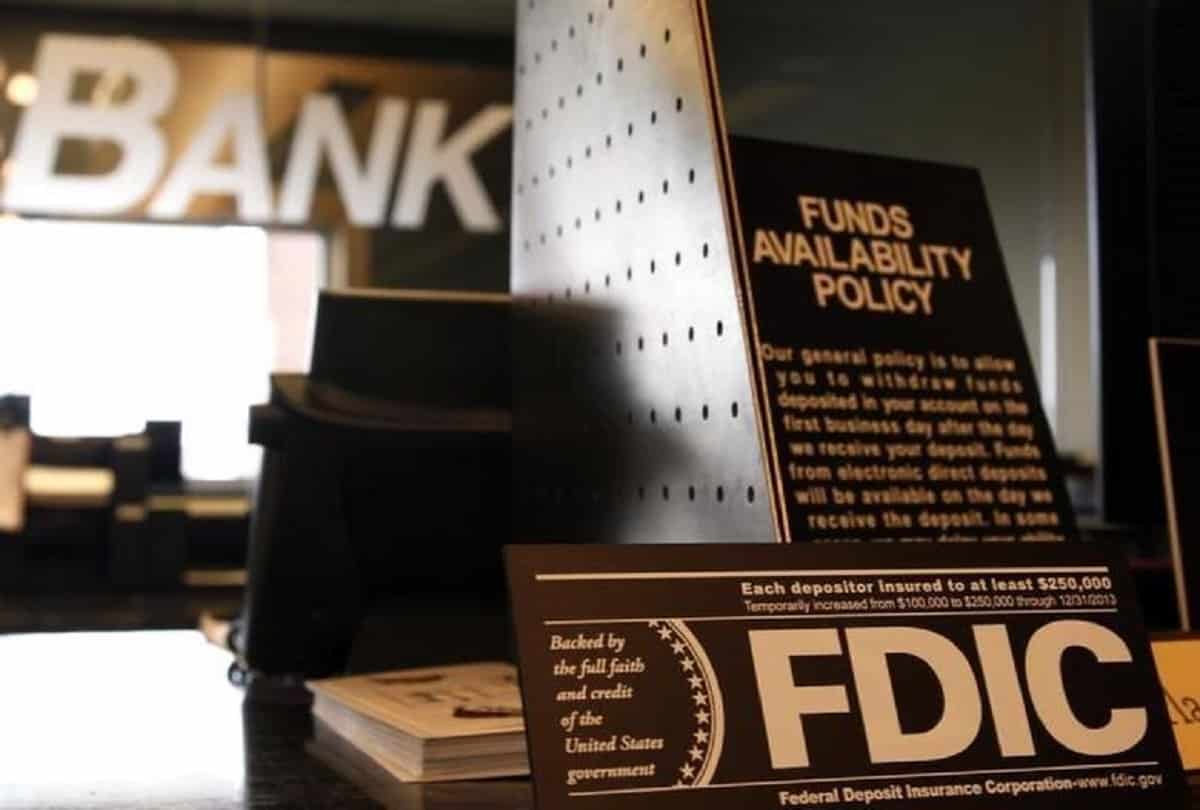
The Federal Deposit Insurance Corporation (FDIC) is set to revise its guidelines, allowing U.S. banks to manage crypto assets and offer tokenized deposits without prior regulatory approval. This decision marks a shift in U.S. banking policy under the Trump administration, which has shown increased support for digital assets.
Acting FDIC Chairman Travis Hill confirmed the changes during a Senate hearing, stating that the agency is reassessing its past approach to cryptocurrency regulations.
FDIC to Change Crypto Regulations for Banks
The FDIC’s decision to revise its crypto guidelines is part of an ongoing review of past regulatory policies that discouraged banks from engaging with crypto assets. Hill stated that banks seeking to enter the sector had faced delays, excessive scrutiny, and resistance from regulators.
During his testimony, Hill explained, “Requests from these banks were almost universally met with resistance, ranging from repeated requests for further information to directives from supervisors to refrain from expanding crypto- or blockchain-related activity.”
The FDIC has also released a series of internal documents detailing past communications with banks regarding cryptocurrency. These records were disclosed as part of a court order in response to a lawsuit by Coinbase, which had sought transparency on regulatory actions affecting the industry.
This Is A Developing News, Please Check For More
Disclaimer: The presented content may include the personal opinion of the author and is subject to market condition. Do your market research before investing in cryptocurrencies. The author or the publication does not hold any responsibility for your personal financial loss.
Regulation
US SEC Reassigns Crypto Litigator, What This Means?

The U.S. Securities and Exchange Commission (SEC) has reassigned one of its top crypto litigators, Jorge Tenreiro, to its IT department. This move follows recent changes in the agency’s stance on cryptocurrency regulation under the leadership of Acting Chairman Mark Uyeda.
The decision has drawn attention from legal experts and crypto investors, especially in light of ongoing cases like the XRP lawsuit and the SEC’s recent shift in its approach to digital assets.
Jorge Tenreiro’s Role in Crypto Litigation
According to an X post, Jorge Tenreiro has played a key role in the SEC’s legal actions against crypto firms, including major exchanges and token issuers. He was actively involved in multiple lawsuits and was instrumental in shaping the agency’s legal stance on cryptocurrency.
Tenreiro was also a central figure in the XRP lawsuit, where the SEC accused Ripple Labs of selling XRP as an unregistered security.
His reassignment signals a major shift in the SEC’s enforcement strategy. Along with Tenreiro, another lawyer who contributed to strict crypto accounting guidelines was also moved to a different role.
US SEC’s Changing Stance on Crypto Cases
Under previous leadership, the US SEC pursued crypto firms through enforcement actions, often without clear regulatory guidelines. However, with President Donald Trump’s administration prioritizing a more balanced approach, the SEC has started reconsidering its regulatory framework.
The agency recently decided not to oppose Coinbase’s motion for an interlocutory appeal in its ongoing legal battle.
This shift has led experts to believe that the XRP lawsuit and other crypto cases could be reassessed in the coming months. Pro-crypto attorney James Murphy noted that the SEC may choose to settle or dismiss certain cases instead of continuing its previous enforcement-heavy approach.
Will XRP Lawsuit See An End Soon?
The XRP lawsuit has been one of the most closely watched legal battles in the crypto industry. Ripple has consistently argued that XRP is not a security, while the US SEC has maintained its stance that the token falls under securities regulations.
With Tenreiro’s reassignment and the agency’s evolving approach, some legal analysts believe the XRP lawsuit could see a resolution sooner than expected.
The SEC has not yet issued an official statement on the future of the XRP lawsuit, but recent developments suggest that a settlement or dismissal may be possible. The shift in leadership and strategy indicates that the agency may be moving toward clearer regulations instead of relying solely on legal battles.
Crypto Industry Reacts to SEC’s Changes
The crypto industry has welcomed the SEC’s recent moves, viewing them as a step toward regulatory clarity. The establishment of a dedicated crypto task force and the introduction of a public contact email signals a new approach to digital assets.
Meanwhile, discussions in Congress about potential crypto legislation continue. U.S. “crypto and artificial intelligence (AI)” czar David Sacks recently stated that new crypto laws could be passed within the next six months.
A bill proposed by Senator Bill Hagerty aims to create a clear regulatory framework for stablecoins, ensuring they are backed by assets such as U.S. currency or Treasury bills.
Disclaimer: The presented content may include the personal opinion of the author and is subject to market condition. Do your market research before investing in cryptocurrencies. The author or the publication does not hold any responsibility for your personal financial loss.
-

 Ethereum16 hours ago
Ethereum16 hours agoCboe seeks US SEC nod for spot Ethereum ETF options
-

 Market21 hours ago
Market21 hours agoXRP Price Struggles to Keep Pace: What’s Holding It Back?
-

 Market19 hours ago
Market19 hours agoDogizen ICO hits $4m as Standard Chartered predicts BTC at $500k
-

 Market24 hours ago
Market24 hours agoONDO Price Stalls as Whales Reach All-Time Highs
-

 Market23 hours ago
Market23 hours agoEthereum Price Sets Its Sights on Higher Levels: Can Bulls Maintain Momentum?
-

 Altcoin23 hours ago
Altcoin23 hours agoBTC Holds $97K, Altcoins Flux, FTT Up 8%
-

 Market22 hours ago
Market22 hours agoBlackRock to Launch Bitcoin ETP in Switzerland for EU Market
-
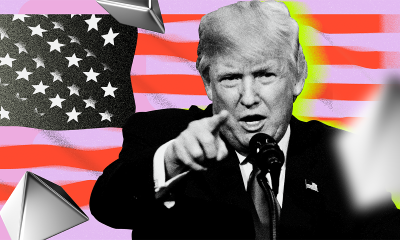
 Market16 hours ago
Market16 hours agoTrump’s Tariffs and Inflation to Fuel Market Uncertainty, JPMorgan


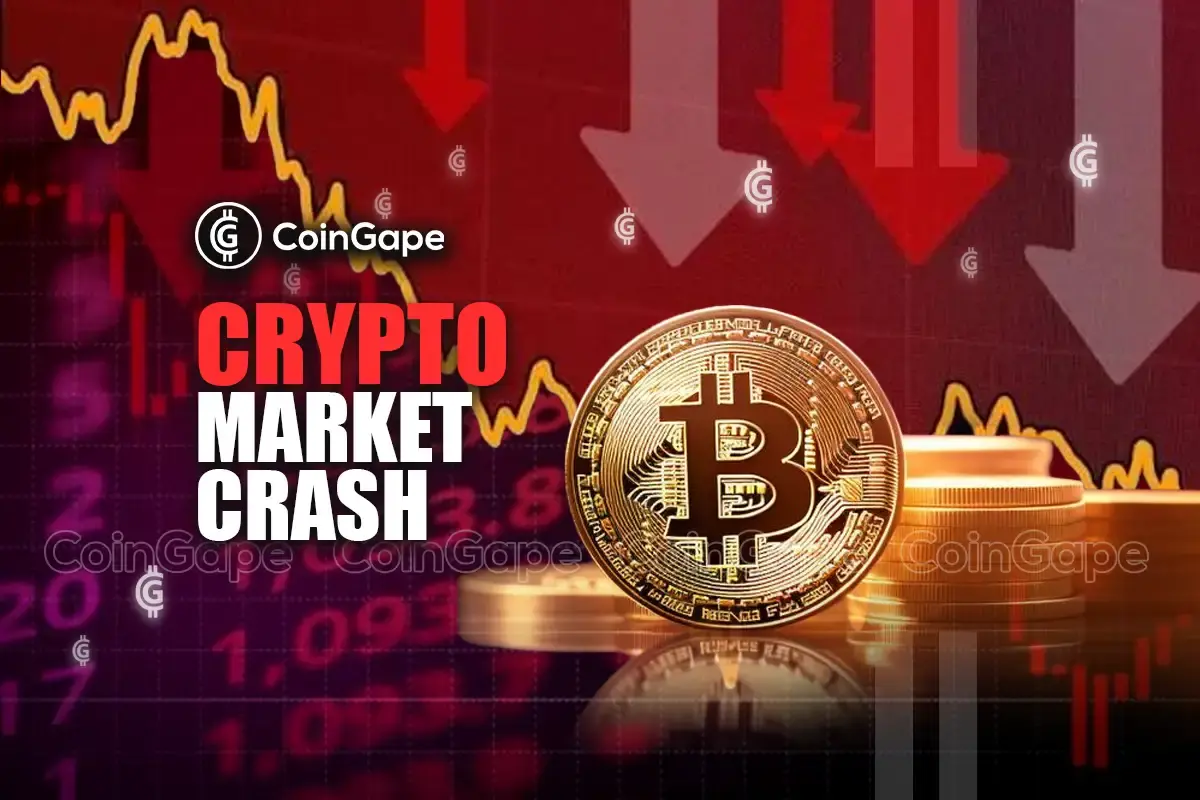

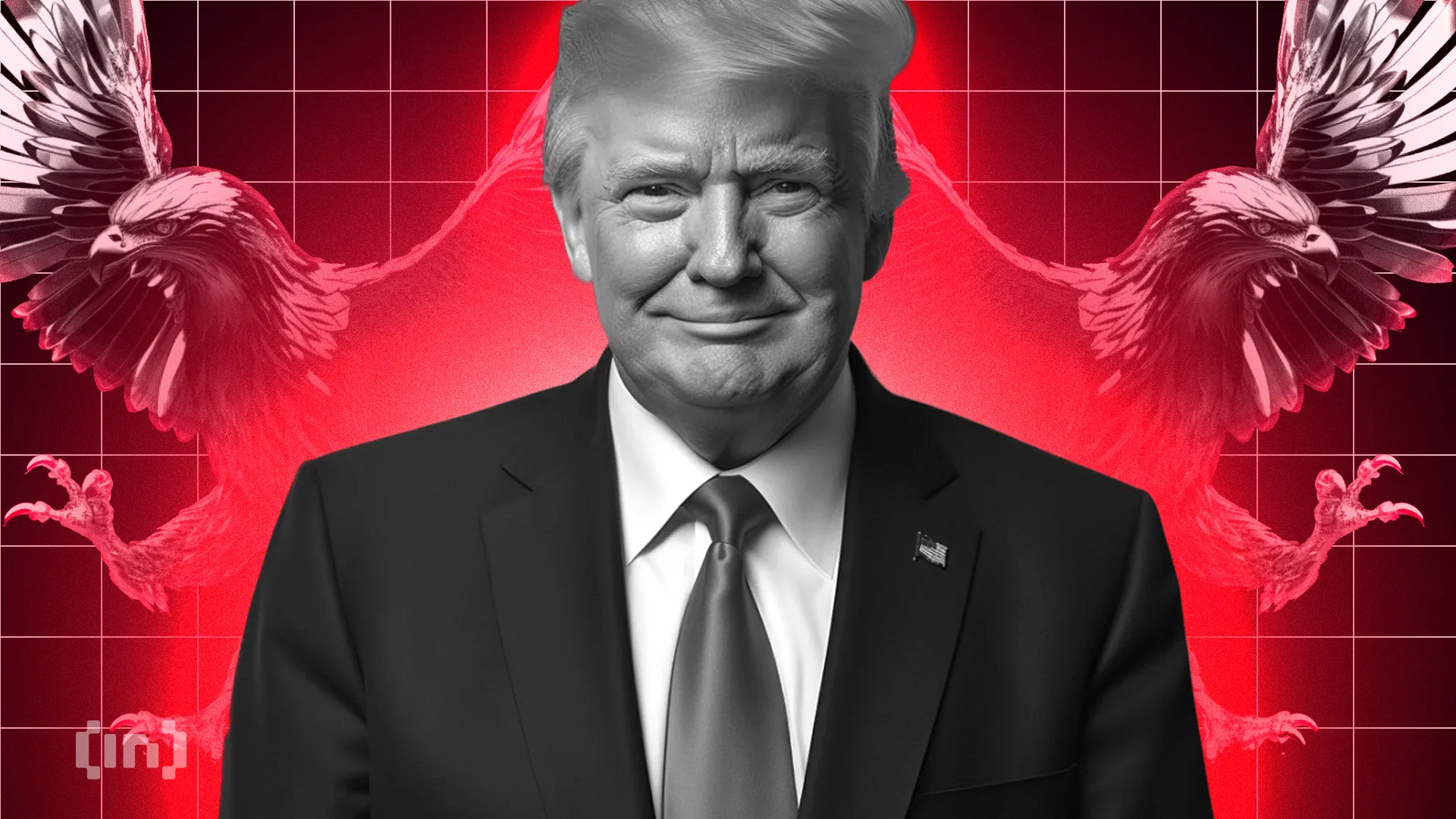













✓ Share: